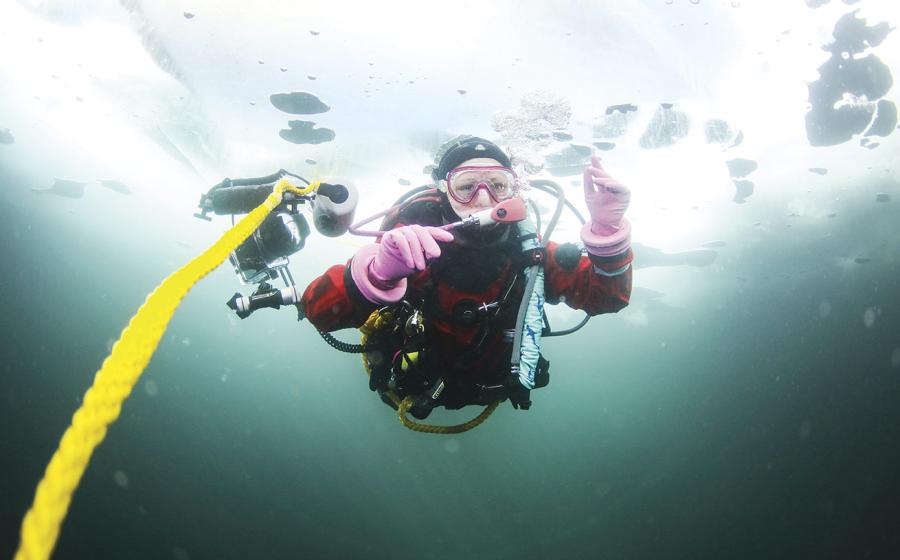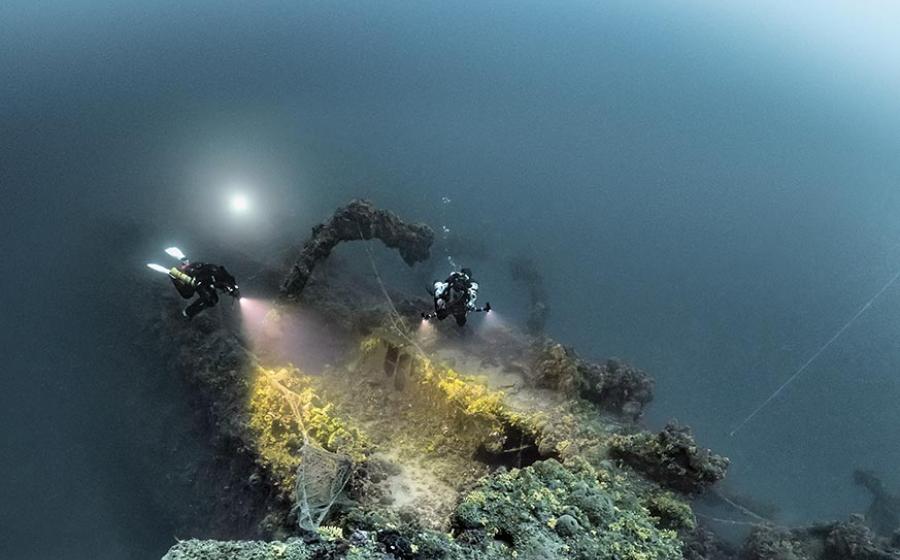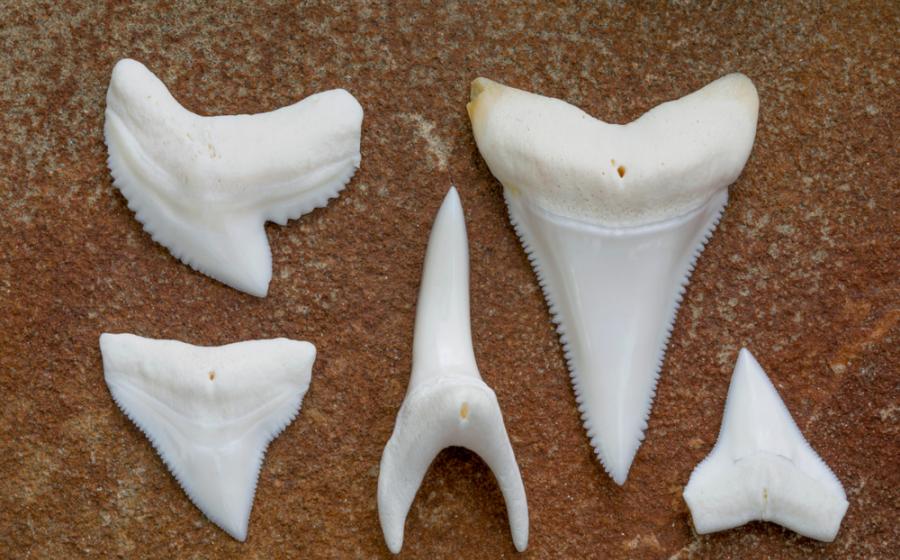Can You Really Get Bent After One Dive?
Surely you can't get bent after one dive —can you?
Q: IF I’M STAYING WITHIN NO-DECO LIMITS, ACCORDING TO MY COMPUTER, IS IT POSSIBLE TO GET DCS AFTER ONE DIVE?

Shutterstock
A: The short answer is: Yes, you can get decompression sickness with a single dive that stays within the “ no-decompression limits” on your computer. However, that answer deserves a detailed explanation. There are several standard variations of dive tables, all of which can be traced back to the early work of the British and U.S. navies. Different brands of computers are based on different tables, usually with some built-in proprietary “fudge factors.” Most dive computers are fairly safe when used as directed and under standard conditions.
Dive tables and therefore computers are based on theoretical models that have undergone limited formal testing. Additionally, the actual testing of those early dive tables was accomplished using healthy, young, male military divers. Several important points should be apparent here. Sometimes the body doesn’t entirely obey the theories of 19th- and 20th-century diving-physiology researchers. Recent decompression modelers have refined those original tables and created highly technical modifications, especially for mixed gas diving. It should also be apparent to most divers that we probably do not all have the anatomy and physiology of a 25-year-old military man.
The probability of DCS after a single, conservative dive that is well within no-decompression limits is almost, but not quite, zero. The risk increases if the diver pushes the limits; deep dives or long bottom times at a moderate depth certainly incur a higher risk. The greatest limiting factor for safe diving is the mindset and diving behavior of the diver.
Read more articles from the Diving Doctor.
>> James L. Caruso is a 30-year veteran of the U.S. Navy, serving as ship’s doctor, undersea medical officer and flight surgeon. His experience includes a fellowship in Diving and Hyperbaric Medicine at Duke University Medical Center; today he is Denver’s chief medical examiner.










